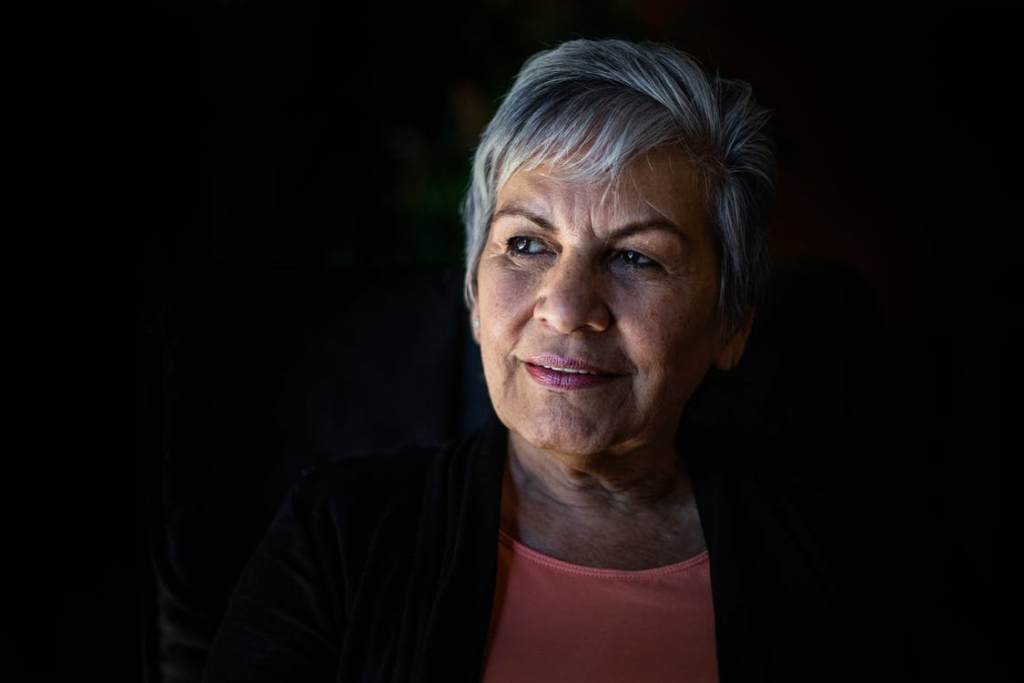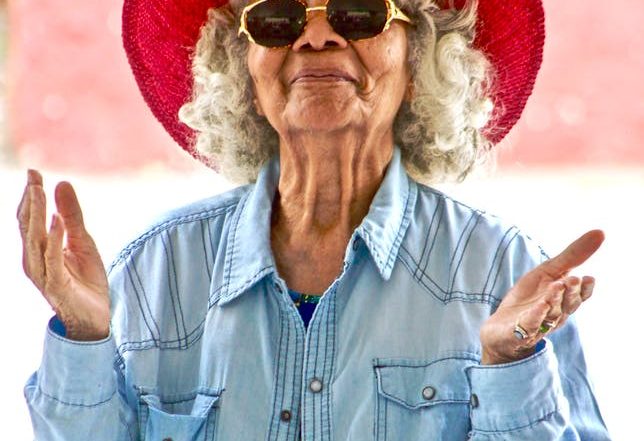Transformation
Many of us aspire to on living happily as we grow older but the question is, how do we actually achieve this?
Robert Dilts looked into the psychological processes in becoming ‘A happy person who is adaptable and has a balanced life and harmonious social relationships’, he argues that ‘It is not enough to say: “Have a happy, balanced life!” We want to discover the psychological processes that are at work behind this way of living.’
In his study of four elderly people, he found four common points in his participants. The first was open-mindedness, which seems to be based on past contact with a broad diversity of different people. The second was the importance of being active. The third was seeing the positive side of life, and the fourth was the vital role of humour.
Interestingly, Dilts found that his participants were able to envisage their future with optimism, because they were at peace with their past.

A new awakening
These four components do not come naturally to everyone, so the question arises, can we learn to grow old well? Marie de Hennezel believes that we can indeed transform. She tells us that, even for those who have not loved life, a new awakening is possible. ‘Each crisis is the chance for change’.
We need to work on ourselves by focusing on the positives and maintaining a network of friends. We may have bereavements to endure and questions to ask, but growing old positively must be earned, which ‘demands courage and heart, only then will we be open to learning new things’.
Sources:
Robert Dilts, Changing Beliefs with NLP, Meta Publications, Cupertino, 1990.
‘The Warmth of the Heart Prevents Your Body From Rusting’ by Marie de Hennezel ‘Keys to a happy old age’ pg 132 to 145






